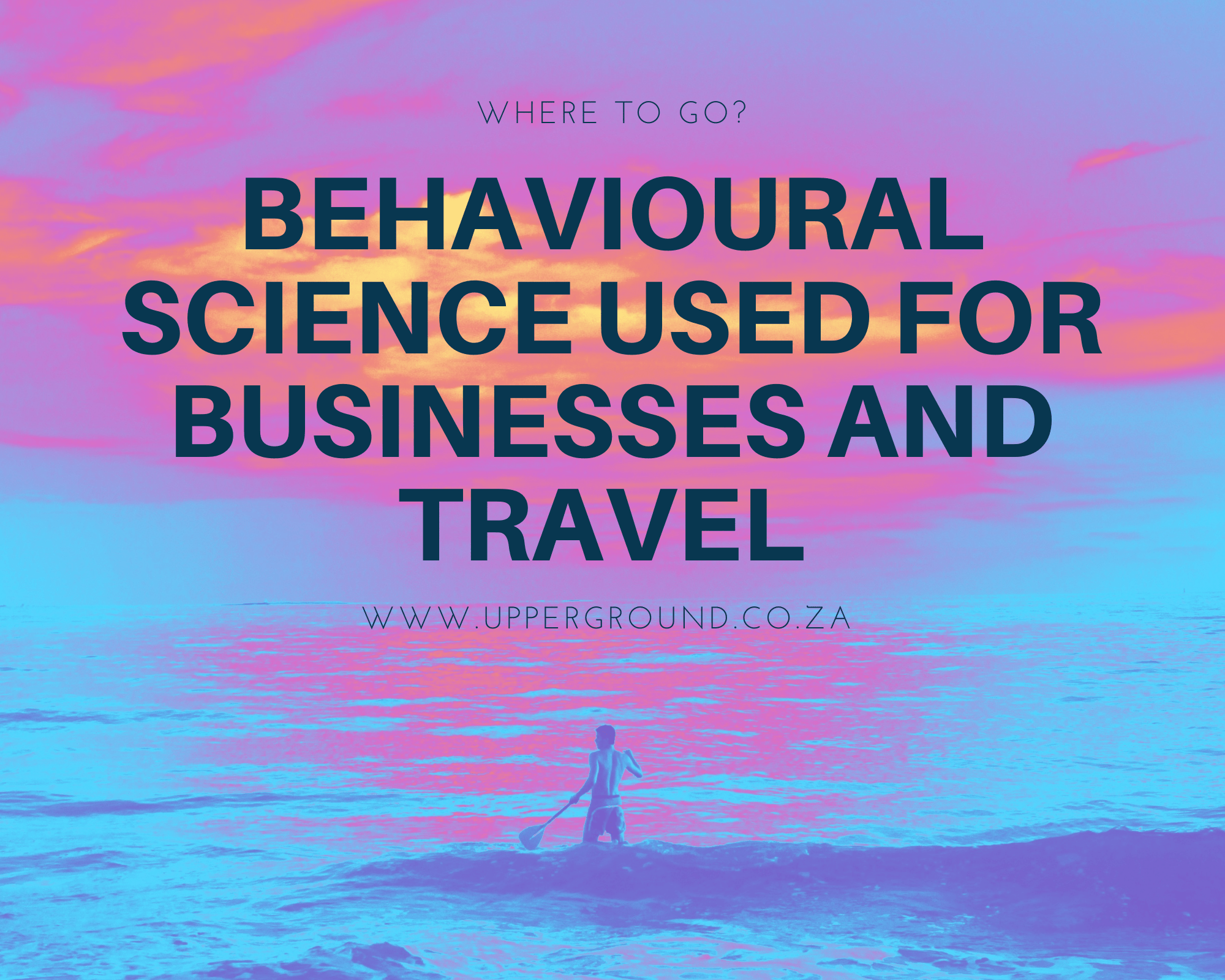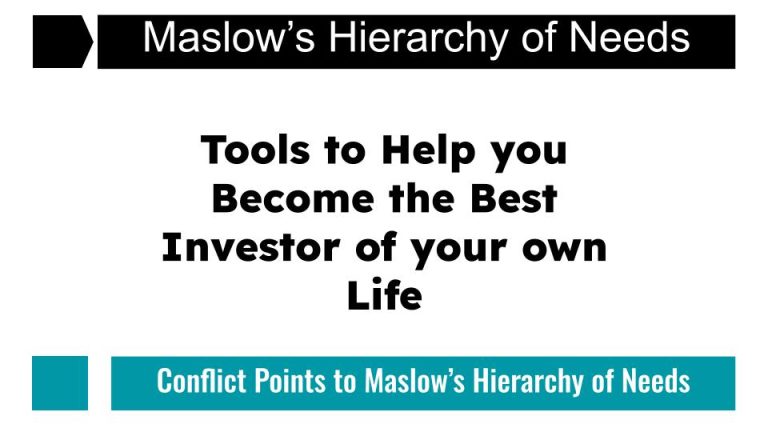The world’s elitists are using behavioural science as a measure of wealth distribution. I have been listening to the people who have amassed great wealth. One of the reasons, I often listen to them is to ascertain what they think about current economic conditions and how they are investing their money.
Behavioural science will be a system to reward compliance and for supporting businesses that a group of super-wealthy people have invested in. It’s a subtle or not so subtle way of massive cohesion and influence. The system will create super accelerated wealth for those who position themselves in a manner of profiting from investments which will encourage compliance. People who comply by taking vaccines will be rewarded with travel benefits or points for their flights. People who use preferred means of payment will be rewarded too.
The benefits of behavioural science are appealing to those who want more value for less input. It’s geared towards more relaxation and fewer working hours. At the same time, it will create more opportunities for wealth distribution, which seeks to move away from a power struggle of a select few, who continuously reap the benefits of wealth creation.
Businesses will have a social aspect more than ever before. The value of these businesses is not in investing billions of dollars in order to create value, but rather in convenience and ease of day-to-day processes.
Companies like Uber, Spotify and Zoom are perfect examples of moving away from business models that require billions before they start to make substantial profits. It’s about adding value to the consumers and creating an everlasting bond with the customers from the onset.
The common thread in all these companies is the disruptive business models that change social behaviours. For example, people use Uber because of the measures placed in protecting the passengers. The metrics of these companies is not just financial information, but an inherent emotion that keeps people coming for more. It’s different from the news about changes in management or a scandal about the Chief Executive Officer (CEO).
These companies will be unaffected by how the CEO lives his life. But will be controlled by the social benefit of how people perceive the company from the onset and not the individual. Zoom will always be about connecting people during a tough period in people’s lives. Spotify will be seen as a new form of music distribution that forced all the players to evaluate how they charge their consumers for music or content.
Publishing models hardly changed for many centuries. But when the major players change the ecosystem of an industry, they also change how people perceive progress. This trend is more likely to continue to the next decade. Publishers have to be multidimensional by expanding the reach of their audience through various platforms and formats. Currently, publishers have to think about the book, movie, podcast and other digital products or services at the same time. While thinking about maximizing the lifespan of content. The multiple formats and other forms of mediums that can add value to the ecosystem of publishing entities are crucial for sustainability.




